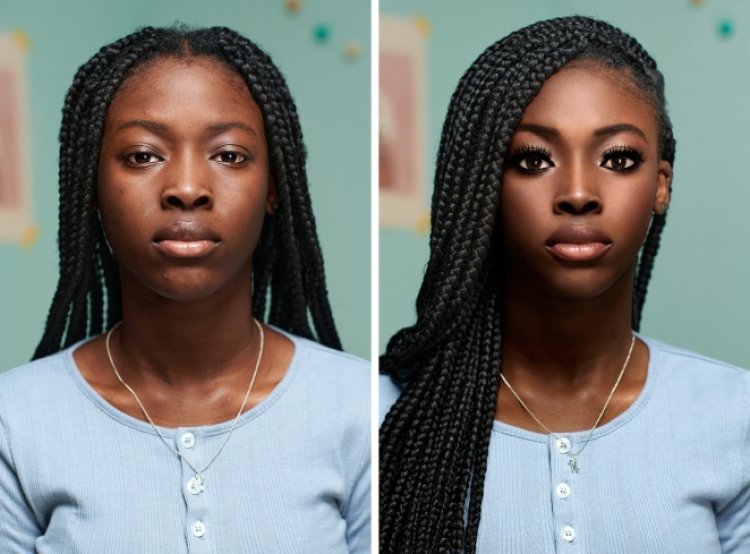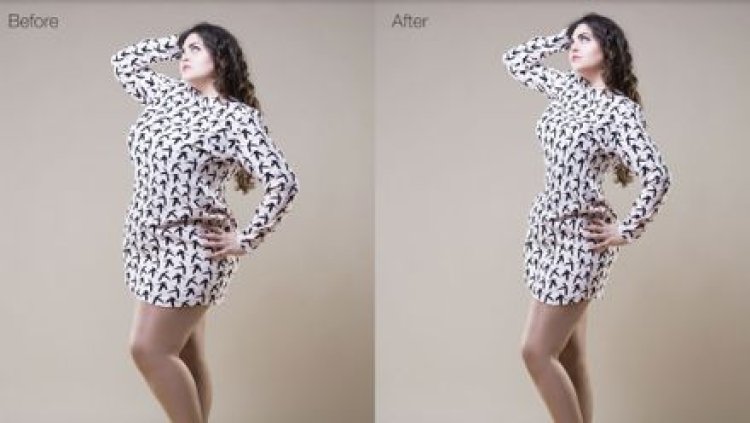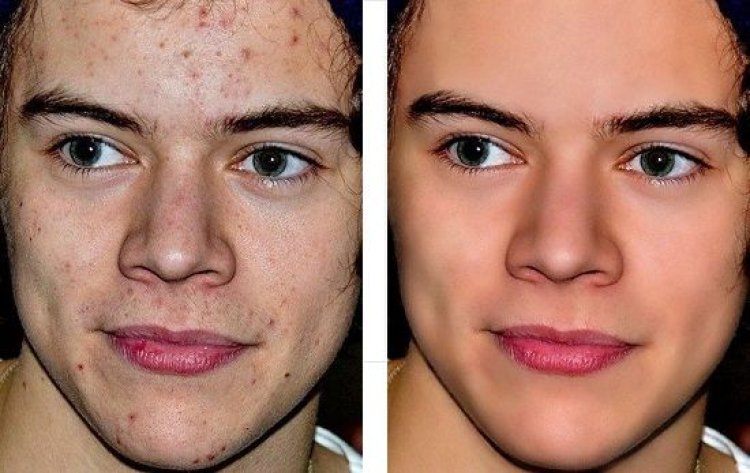No Work for Influencers Who Retouch Their Bodies & Faces, Says A Top Advertising Agency
Ogilvy UK, A Top Advertising Agency in the United Kingdom has announced that it will no longer deal with influencers who use Photoshop to enhance their features or physique.
The change, according to The Drum, is intended to lessen the emotional harm caused by unrealistic visuals presented by some influencers in their campaigns.
The Drum and HypeAuditor polled influencers on their thoughts on the bill's proposed editing regulations. While the majority thought it would be a beneficial step toward reducing body dysphoria, many questioned how it would be regulated, and others expressed concern that it could affect an influencer's own self-esteem.
Nearly 80% of the 28 influencers polled agreed that some type of editing control was required, and 70% believed that a policy prohibiting editing would help combat social media problems.
According to Rahul Titus, Ogilvy's head of influence, influencer marketing is “supposed to be the authentic side to marketing, but now it churns out such staged content that is so harmful to anybody looking at social media”.
The UK government has been examining the Digitally Altered Body Image Bill, which will force advertisers, broadcasters, and publishers to display a logo when an image of a human body or body part has been digitally altered in its dimensions, as well as for related purposes.

The Reverse Selfie of Dove and Ogilvy. PHOTO FILE
The prohibition applies to the whole Ogilvy UK group, which includes clients such as Dove.
In Kenya, influencers are frequently chastised for employing filters while publishing images on social media platforms such as Instagram.
Aside from utilizing filters, some female influencers have been accused of uploading photographs that reflect unrealistic representations of their bodies, such as girdled waistlines, immaculate skin, and exaggerated curves.
The Kenya Medical Practitioners and Dentists Council, for example, has restrictions that ban the commercialization of medical services.
The use of social media influencers to advertise medical services, according to Simon Kiraithe, Deputy Director of Communications at the Kenya Medical Practitioners and Dentists Council, is not in accordance with the Kenya Medical Practitioners and Dentists (practitioners and Health Facilities) (Advertising) Rules 2016.
Rule 7 addresses the issue of using influencers and states that no medical or dental practitioner or health institution shall seek to advertise, solicit, or attract business or patients through any of the following means: an "intermediary" that would amount to professional touting; unsolicited contact; false or misleading statements, or where undue influence is used; and arranged referrals where commission or otherwise is arranged or paid.
"As regulator of medical and dental practitioners, community oral health officers and health institutions, the Advertising Rules 2016 are what govern advertising," Kiraithe stated




























